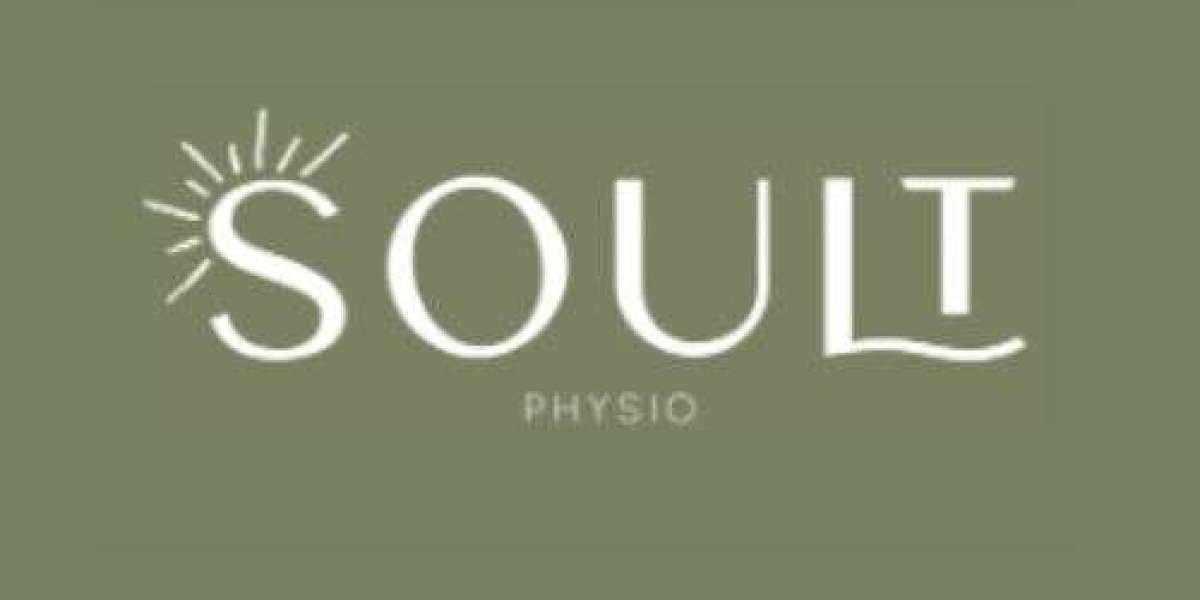Becoming a mother is a transformative experience, but it also brings significant physical changes that require proper care. Post Natal Physiotherapy plays a crucial role in helping women recover after childbirth by addressing common postpartum issues such as pelvic floor weakness, lower back pain, and abdominal muscle separation. This specialized therapy helps improve posture, restore muscle strength, and enhance overall well-being. New mothers often experience discomfort due to prolonged breastfeeding postures, hormonal changes, and weight fluctuations. With guided exercises and personalized physiotherapy sessions, they can regain their physical strength, reduce pain, and prevent long-term health complications.
Understanding Post-Natal Pregnancy and Its Impact on the Body
The journey of Post Natal Pregnancy comes with a multitude of changes that affect a woman’s body physically and emotionally. During pregnancy, ligaments stretch, muscles weaken, and the body undergoes hormonal shifts that may lead to fatigue and discomfort. After childbirth, many women struggle with issues such as incontinence, diastasis recti, and joint instability. Physiotherapy plays a key role in reversing these effects by focusing on strengthening core muscles and improving flexibility. Through targeted exercises, women can enhance their endurance and restore their body’s natural functions. A structured postpartum recovery plan not only improves physical health but also boosts mental well-being by reducing stress and anxiety.
Strengthening the Pelvic Floor for Long-Term Health
One of the most critical areas that require attention after childbirth is the pelvic floor. Weak pelvic floor muscles can lead to issues like urinary incontinence, pelvic organ prolapse, and lower back pain. Postpartum physiotherapy includes specialized exercises such as Kegels, deep core activation, and breathing techniques that help restore pelvic floor strength. Physiotherapists assess each mother’s condition and create a tailored program to address individual needs. Strong pelvic muscles not only improve bladder control but also enhance intimate health and overall comfort in daily activities. With consistent effort and proper guidance, new mothers can regain control and confidence in their bodies.
Relieving Back and Joint Pain After Childbirth
Many women experience persistent back and joint pain due to the physical demands of pregnancy and labour. Hormonal changes, prolonged periods of holding the baby, and incorrect posture contribute to discomfort. Physiotherapy offers pain-relieving techniques such as manual therapy, stretching, and strengthening exercises. Postural correction, combined with core stability training, helps in reducing tension and preventing chronic pain. Additionally, gentle mobility exercises improve flexibility, making daily activities easier. Addressing these issues early ensures a smoother recovery and prevents long-term complications. Seeking professional guidance ensures that new mothers receive appropriate treatments tailored to their specific pain points.
Regaining Core Strength and Preventing Abdominal Separation
Diastasis recti, a common condition where the abdominal muscles separate during pregnancy, can affect a woman’s core strength and posture. If not addressed, it may lead to back pain, poor posture, and even hernias. Physiotherapy helps in closing this gap through targeted core activation exercises and breathing techniques. Restoring core strength improves overall stability and reduces strain on the lower back. Strengthening deep abdominal muscles also enhances energy levels and prevents excessive fatigue. With professional guidance, new mothers can safely rebuild their core and regain functional strength, enabling them to perform daily tasks with ease and confidence.
Conclusion
Recovering from childbirth requires dedicated care and professional support, and physiotherapy is an essential part of this process. It helps new mothers regain strength, improve posture, and address postpartum concerns such as pelvic floor weakness, back pain, and abdominal separation. By incorporating structured exercises and pain-relief techniques, physiotherapy enhances physical and emotional well-being. Investing in postpartum recovery ensures long-term health benefits, allowing mothers to enjoy motherhood without discomfort. If you are seeking professional guidance, visit soultphysio.com.au to explore effective postpartum recovery solutions tailored to your needs.
Blog Source Url:-
https://soultphysio.blogspot.com/2025/05/the-importance-of-post-natal.html








